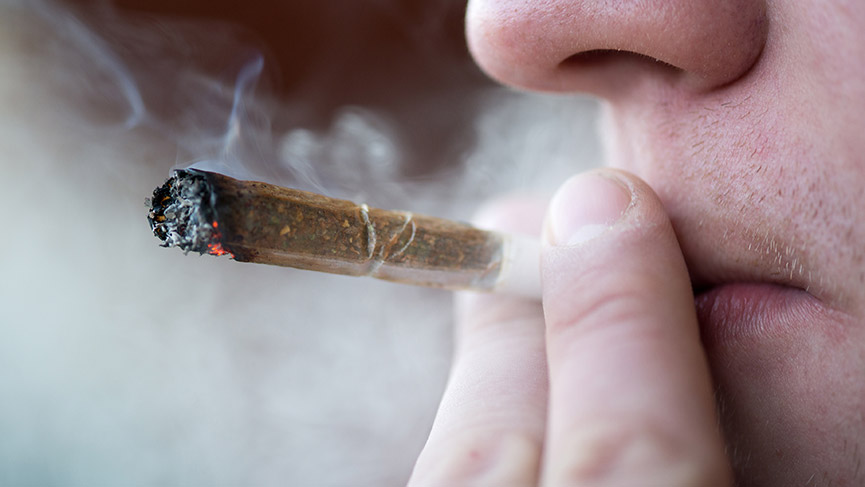Cannabis legalization in Canada

National
Since October 17, Canada has become the second-largest country in the world to legalize the sale and consumption of cannabis for recreational purposes. What does the Catholic Church say about the use of drugs? Learn more from the resources listed below.
Catechism of the Catholic Church - Numéro 2291
The use of drugs inflicts very grave damage on human health and life. Their use, except on strictly therapeutic grounds, is a grave offense. Clandestine production of and trafficking in drugs are scandalous practices. They constitute direct co-operation in evil, since they encourage people to practices gravely contrary to the moral law.
Youcat - 389
Using drugs is a sin because it is an act of self-destruction and thus an offence against the life that God has given us out of love. Every form of a person’s dependence on legal substances (alcohol, medication, tobacco) and even more so on illegal drugs is an exchange of freedom for slavery; it damages the health and life of the person concerned and also does great harm to the people around him. Every time a person loses or forgets himself by becoming intoxicated, which can also include excessive eating and drinking, indulgence in sexual activity, or speeding with an automobile, he loses some of his human dignity and freedom and therefore sins against God. This should be distinguished from the reasonable, conscious, and moderate use of enjoyable things.
Canadian Conference of Catholic Bishops
Statement by the Canadian Conference of Catholic Bishops on the Implementation of the Cannabis Act
The Catholic Church for its part continues to underline the ethical problems involved with the recreational use and abuse of this drug: the negative risks that impact on psychological and physical health, the growing problems of a society more and more dependent on drugs and alcohol, the possibility of brain damage especially to those under the age of 25, the negative repercussions on families and local communities, and unfortunately the willingness of businesses and governments to exploit the drug for commercial interests and as a source of tax revenue, thereby even further jeopardizing the pursuit of the common good.
Pontifical Council for Health Workers
Pastoral Manual Church: Drug and Drug Addiction
Saint John Paul II speaks of three particular actions for a pastoral programme capable of dealing with the problem of drugs: prevention, care and suppression. The Handbook takes into consideration the first two: prevention and care. It does not treat suppression, to which the Pope makes reference stressing that we all have to fight against the production, processing and distribution of drugs in the world and that it is a special duty of governments to face with courage this fight against the "traffickers of death."
Moral formation of children - Bishop Robert Barron’s presentation at the World Meeting of Families

Comment
Comment
Add new comment